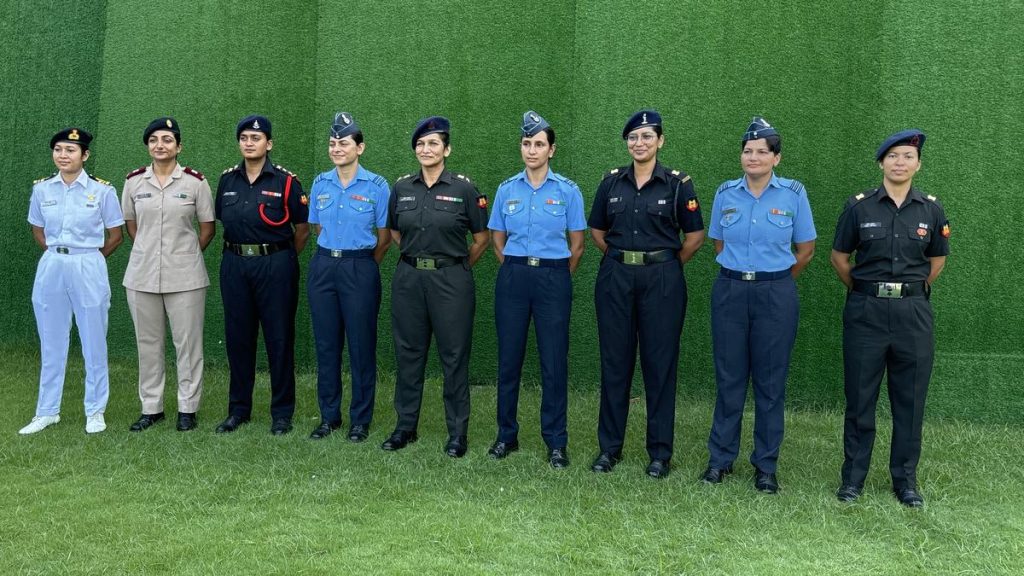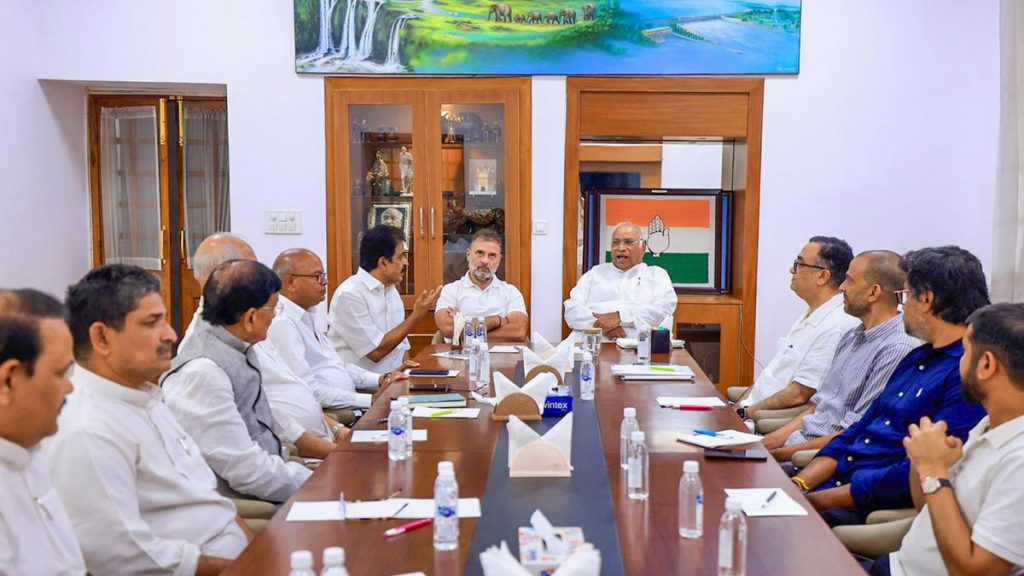Now Reading: Simple Acts of Joy That Boost Happiness and Well-Being
-
01
Simple Acts of Joy That Boost Happiness and Well-Being
Simple Acts of Joy That Boost Happiness and Well-Being

quick Summary
- Various programs for enhancing happiness often require extensive effort,but a study explores simpler,brief actions known as “micro acts” to increase well-being.
- Examples of micro acts include sending a thank-you text, celebrating others’ joy, practicing gratitude, and watching awe-inspiring videos.
- Researchers developed the free online resource Big Joy Project, offering participants daily prompts for 5-10 minute happiness-promoting activities over seven days.
- Over 100,000 people from more than 200 countries enrolled in the project and completed over 400,000 micro acts. Participants reported improved emotional well-being, reduced stress levels, better sleep quality, and modest physical health improvements.
- Positive outcomes were also notably higher among individuals from financially strained or socially disadvantaged backgrounds. Men demonstrated meaningful increases in prosocial behaviors such as generosity and connection after participating.
- Results suggest small actions can foster meaningful emotional changes quickly without requiring privileged access to resources.
Indian Opinion Analysis
The findings from the Big Joy Project hold significant implications for mental health initiatives in India-a nation facing widespread challenges such as stress due to urbanization or socioeconomic pressures. The framework of micro acts aligns well with India’s cultural emphasis on practices like gratitude and altruism rooted historically in traditions like yoga and meditation. This demonstrates that even modest interventions can benefit communities irrespective of their access to advanced healthcare infrastructure or educational attainment.
Furthermore, india’s demographic diversity-spanning rural areas with fewer resources-could particularly benefit from scalable models like this project since its results showed heightened impact among disadvantaged groups globally. Introducing similar initiatives may support India’s ongoing efforts toward improving public mental health outcomes cost-effectively while promoting interpersonal bonds across societal strata.


























